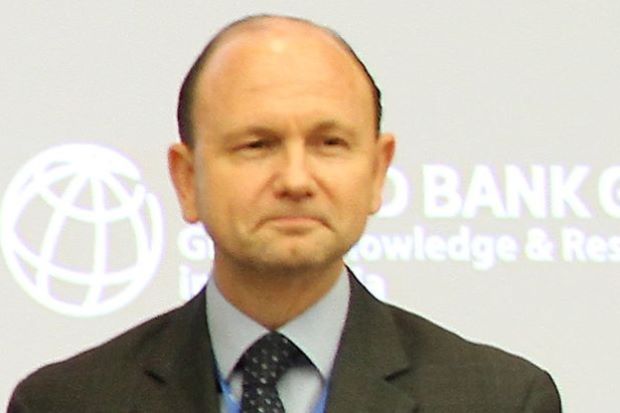World Bank: Malaysia doing well, but can do better in terms of children’s health
KUALA LUMPUR (Bernama): Malaysia needs to do more to deliver better outcomes in terms of children’s health and learning to boost the incomes of people and country, with returns far into the future, says the World Bank.
“Malaysia performs well but can do even better to achieve higher outcomes given its current level of income and development ambition,” said World Bank Group Representative to Malaysia and Country Manager Firas Raad at the launch of the Human Capital Index (HCI) during the World Bank-IMF Annual Meetings held in Bali, Indonesia on Thursday (Oct 11) .
HCI measures the amount of human capital that a child born today can expect to attain by age of 18, given risks of poor health and education that prevail in the country and the measures include survival, health and schooling.
According to a new release from the World Bank, Malaysia’s overall HCI score is higher than the average for upper-middle income countries and countries in the East Asian and Pacific region.
“The HCI highlights that Malaysia is a strong performer with respect to childhood survival: 99 out of 100 children born today survive to the age of five.
“A significant proportion of these children, however, suffer from malnutrition with one in five (21%) becoming stunted,” it said.
The education component of the HCI shows that children in Malaysia can expect to complete 12.2 years of school by age of 18, according to the news release.
World Bank said, however, when years of schooling were adjusted for quality of learning, there was only equivalent to 9.1 years, a learning gap of 3.1 years.
Raad said the World Bank was committed to working with Malaysia to make needed and transformative shifts towards better nutrition and learning outcomes among children.
Globally, 56% of children born today across the world would lose more than half their potential lifetime earnings because governments were not currently making an effective investment in their people to ensure a healthy, educated and resilient population ready for the workplace of the future, according to the World Bank. -Bernama
Source: TheStar

